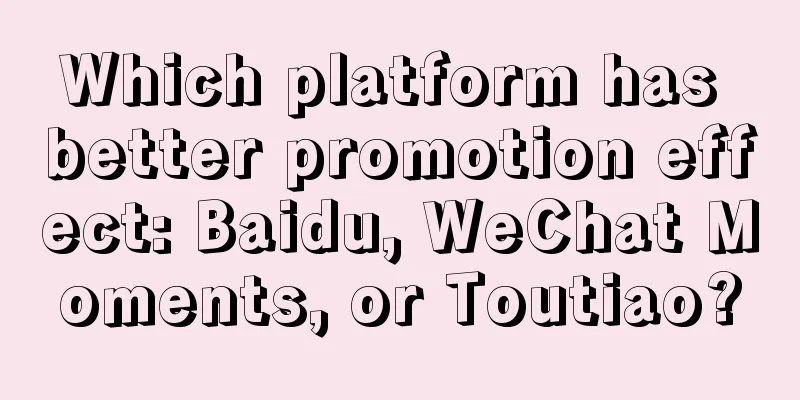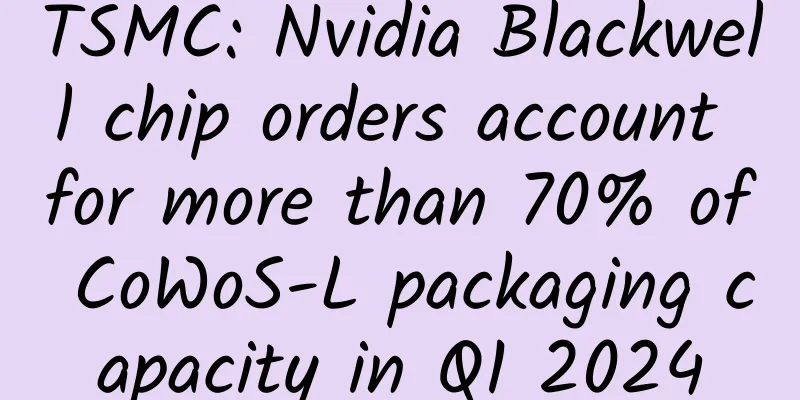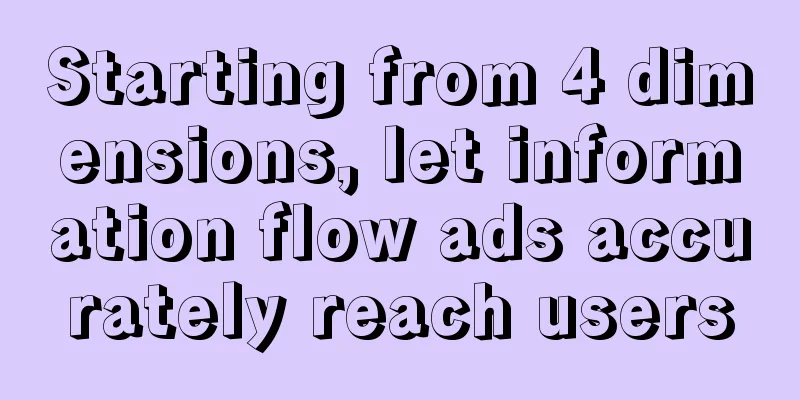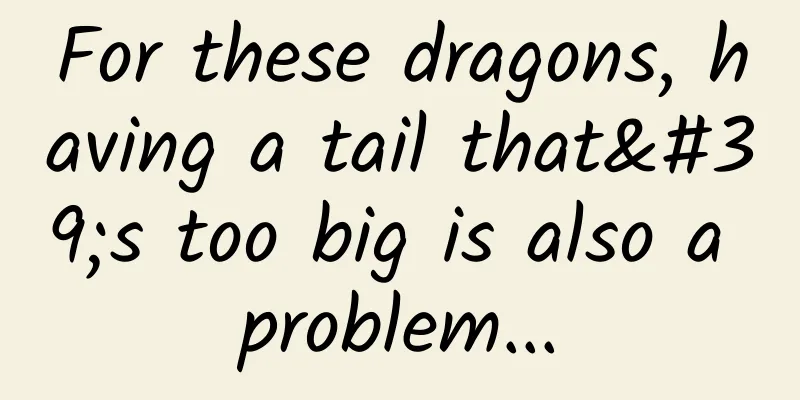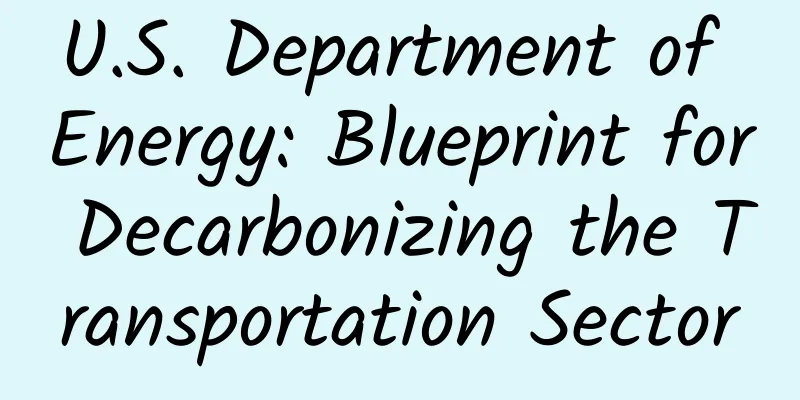10 famous code (text) editors
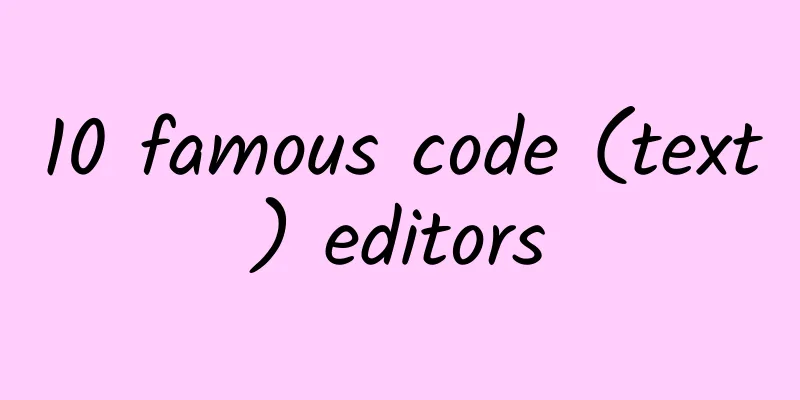
|
Usually operating systems and software development kits include a text editor that can be used to edit configuration files, documentation files, and source code. Here are the 10 best free code text editors I've compiled: 1. NOTEPAD++NOTEPAD++ is a free and excellent text editor that supports multiple programming languages running in MS Windows environment. NOTEPAD++ supports syntax highlighting and code folding for more than 50 programming, scripting and markup languages, allowing users to quickly reduce or expand code segments to consult the entire document. Users can also manually set the current language, overriding the default language. The program also supports automatic completion of API subsets for certain programming languages. Official website: http://notepad-plus-plus.org/ 2. VIMVIM is a highly configurable text editor. It is an improved version of the vi editor and is also free software. The application was built to handle code and many other things, not just writing emails and opening configuration files. It allows you to edit text and save simple text files, but its main function is editing code. It supports syntax highlighting and line numbering, two essential features for writing programs. Users can also change the interface colors to increase the visibility of the code. For text editing, the program VIM includes a spell checker for multiple languages and has the ability to suggest how to correct spelling errors. It can come in handy even when you are writing code, because the application only checks text that is not recognized as code. Of course, you can also quickly jump from one error to the next to better proofread the text. VIM is the best choice for programmers and developers for all kinds of text editing. Official website: http://www.vim.org/ 3. GNU EmacsEmacs is a portable, extensible, free text editor. Emacs provides commands to manage statements and paragraphs, syntax highlighting to make source code easier to read, and "keyboard macros" to execute user-defined editing commands. Emacs can run on several operating systems, no matter what type of machine you use. This is very useful for programmers. If you are using a common programming language, Emacs will also provide you with modes and corresponding typesetting and layout to make it easier for you to edit code. Emacs may not be the simplest tool, but it is definitely one of the most powerful editors. Compared to vim, Emacs takes longer to start up and requires more memory. However, it is highly customizable and includes a large number of features. Official website: http://www.gnu.org/software/emacs/ 4. SUBLIME TEXTSUBLIME TEXT is an awesome freeware/commercial text editor. You will love its beautiful user interface, excellent features and amazing performance. It is available for Windows, Mac OS X and Linux, and is free to try for an unlimited time. You can also buy a full license for $70. One license allows you to use it on as many computers as you own, regardless of the operating system each computer uses. Official website: http://www.sublimetext.com/ 5. ATOMAtom is a free, open-source text and source code editor developed by GitHub that supports writing plugins in Node.js and embedding Git Contral for Mac OS X, GNU/Linux, and Windows. No one wants to waste time configuring their own editor, so ATOM was born. It comes pre-installed with all the features you expect a modern text editor to have. In addition, ATOM is also equipped with a tabbed interface, multi-pane layout, simple file browser, and easy-to-learn curve charts so that you can get started quickly. Official website: https://atom.io/ 6. PSPADPSPad Editor is a free text editor and source code editor that provides more than just advanced text editing features, it also includes many development tools. PsPad is equipped with a hex editor, CP conversion, text differences, templates, macros, spell checking options, auto-completion, and a code explorer. Its powerful feature set can meet the needs of almost anyone, whether a beginner or an experienced programmer. Official website: http://www.pspad.com/en/ 7. GEANYGeany is a lightweight, cross-platform, GUI-based text editor that uses Scintilla and GTK+ and includes basic IDE features. It can be used on a variety of operating systems, such as BSD, Linux, Mac OS X, Solaris, and Windows. The supported programming languages and markup languages are C, C++, C#, Java, JavaScript, PHP, HTML, LaTex, CSS, Python, Perl, Ruby, Pascal, Haskell, Erlang, Vala, and many more. Since GEANY is compatible with some of the most common and popular programming languages, you can develop your project in the programming language you are familiar with, export it later, or even compile it directly with external tools. The application allows you to create templates from pre-built main classes, modules, HTML, PHP, RB and TEX files. Compared to traditional Unix-based editors like Emacs and Vim, Geany is more like program editors for Microsoft Windows, such as Notepad and Notepad++, both of which also use Scintilla. All in all, this is an absolutely indispensable application on a developer's computer. Official website: http://www.geany.org/ 8. ECLIPSEEclipse provides a range of tools for developing Web and Java applications in a friendly integrated development environment for all types of users. Although it focuses on Java, it also supports various other programming languages, such as C++, JavaScript, PHP, C, Perl, Fortran, Ruby, Python, and even COBOL. It also includes source code and graphical editors for various languages, wizards and built-in applications to simplify development, as well as tools and APIs to support deployment, running and testing apps. Eclipse provides a wide range of plug-in functions, which help to create, integrate and use software tools more easily, saving time and money. Official website: https://eclipse.org/ 9. JEDITjEdit is a free text editor written in Java that runs on any operating system, including BSD, Linux, Mac OS X and Windows. jEdit beats many expensive development tools with its powerful functions and convenient usage, and it is also free software with full source code, under the terms of GPL (General Public License) 2.0. jEdit is highly customizable and can be expanded with macros written in BeanShell, Jython, JavaScript and some other scripting languages. In short, this is a general text editing tool that can be used not only for simple plain text editing, but also for checking various code types. Official website: http://jedit.org/ 10. NETBEANSOfficial website: https://netbeans.org/ |
<<: Please be kind to your programmers, otherwise hum!
>>: Reviewing the history of interactive design: returning to humanity and regaining simplicity
Recommend
Cosmic Alchemy: Neutron Star Mergers Create Nurseries for Precious Metal Atoms?
Neutron star mergers: a nursery for precious meta...
People's Daily on mobile payment: Habits such as casually scanning discount QR codes should be changed
Three bad habits that consumers are prone to: Not...
Tao Piaopiao app product experience report: When will the fragmentation of the film market end, and will it still be necessary to continue to burn money in the future?
Large-scale ticket subsidies and the popularity o...
Xiaomi, Huawei, and OPPO are in a "group fight", while Hammer and Meizu have a hard time "surviving"
[[250715]] Sun Tzu said: Therefore, the method of...
Is it difficult to convert users into promotion? Catering to the fun point is the key
With the development of information flow advertis...
Group psychological counseling and treatment practice, technical analysis and application of authoritative teachers 60+ lessons 140 HD video full version
Practical group counseling and treatment, technica...
To improve advertising conversion, these data analyses should be done well!
Mobile advertising is very popular among enterpri...
Pure electric vehicles are more environmentally friendly than hydrogen fuel cell vehicles
In a recent study, researchers from the United St...
A couple died from being stung by a "human-headed bee"! How to deal with being stung during the high "bee" season in autumn?
Recently, a couple in their 80s from Nanyang, Hen...
Is it really dangerous to be a vegetarian? It’s a “technical job”! Do these things to stay safe →
Ever since Liu Xiaoqing mentioned that her friend...
The vibrant green is actually the color of death?
This painting, in bright green, makes the whole r...
Popular Science Illustrations | Smart agriculture is growing rapidly, stepping into the future farm
...
What are the factors that drive app user growth? This article is very sharp.
Today, as mobile Internet has penetrated into eve...
Play with short video 3D animation parenting book list number: actual operation a day thousands, a day tens of thousands of income
Play with short video 3D animation parenting book...
